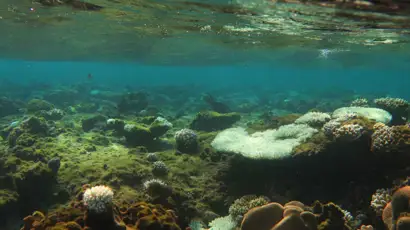The joint effort of HEPCA, the International Union for Conservation of Nature (IUCN), and a leading travel and tour operator Kuoni Travel Ltd brought about a workshop entitled, “Marine Tourism and Climate Change” (Hurghada, 15-16 June 2009) and the launch of BleachWatch Egypt (March 2010).
The workshop focused on this critical issue as it is nowadays recognized as one of the global top priorities and urgent interventions include the reduction, or at least stabilization of greenhouse gas emissions and promotion of more natural and sustainable energy practices.
Climate and weather, although related, are two very different concepts: the former indicates the average pattern of weather for a particular region over a long period of time, while the second is the state of the atmosphere at a given time and place, with respect to variables such as temperature, moisture, wind velocity, and barometric pressure.
The global climate has changed in the history of the Earth and will always be subject to modifications due to natural causes such as, changes in solar radiation and in atmosphere composition, especially in the concentration of the so called ‘greenhouse gases’. These gases, among them water vapor (H20), carbon dioxide (C02), and methane (CH4), are responsible of the so called ‘greenhouse effect’; catching the infra-red energy, they act as a heat-screen and control the average temperature of the Earth’s atmosphere. Without them the global average temperature would be -18°C, whereas at the moment it is +15°C.
Humans are further enhancing the rate and extent of the warming of the atmosphere through the emissions of an unsustainable quantity of gases which will eventually cause natural disasters (storms, droughts and floods) and impact on the environment (availability of water and food, health, loss of ecosystems and biodiversity).
Climate change is already having many discernible impacts, for example, on polar ice caps and glaciers. Over the last century, sea levels have risen around 10cm and are expected to continue rising. Sea temperatures have also increased, posing serious threats to the marine wildlife – such as coral bleaching.
This change is happening, and we all bear the responsibility of it. As individuals, we can still do more to reduce our negative impact on the Earth’s climate.
HEPCA engages in a range of projects to encourage the enhancement of our understanding of the impact of climate change on the Red Sea region, as well as promoting new practices in sustainable living. Our areas of involvement include:
Recycling and solid waste management;
Development of a sustainable hotels initiative;
Creation of a schools educational curriculum;
Your ecological footprint
As an individual you can make a difference and at the same time, save money on your bills!
Browsing the web you will find personal footprint calculators…what? Basically, they enquire about your lifestyle and calculate how much your habits cost to the planet. Give it a try!
There are small steps and immediate actions we can start adopting today without distorting our life.
Insulation
Heat loss through walls, roof and floor contributes to around 50% of overall heat loss within a building. Insulation is one of the most effective ways to reduce CO2 emissions and to save energy in the long term. For example, double-glazin





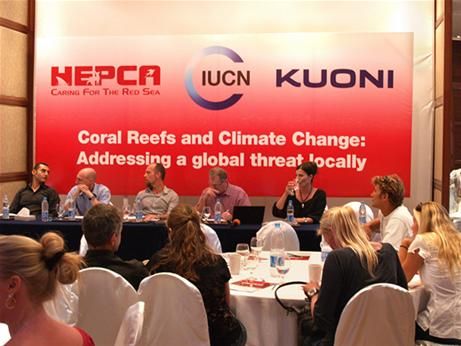
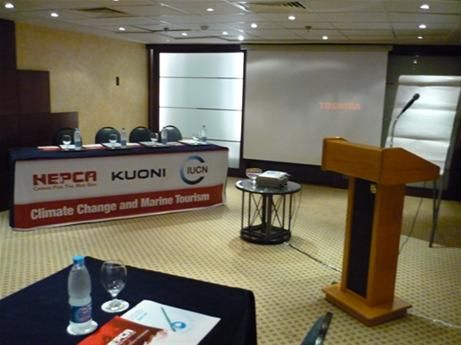
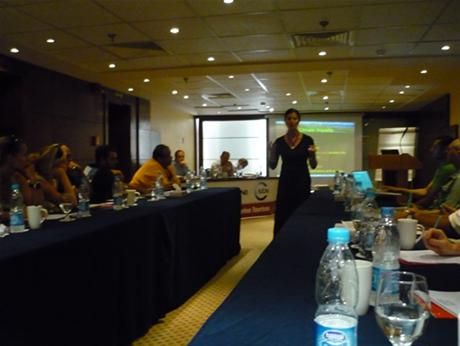
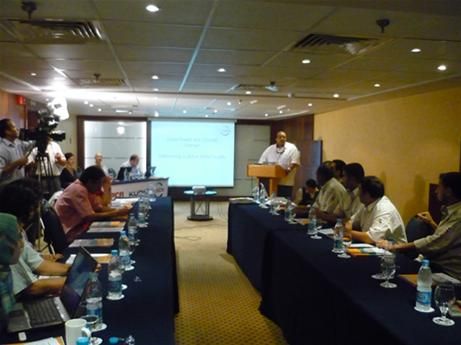
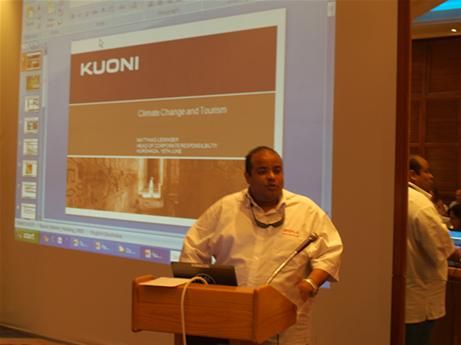
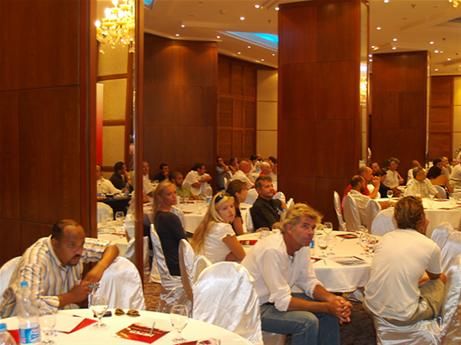
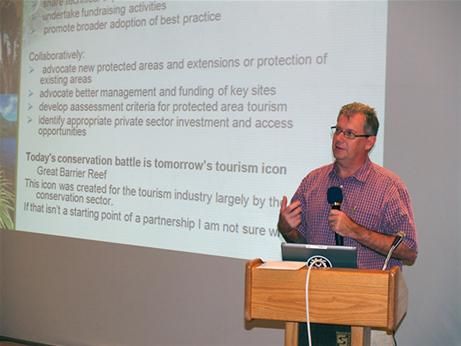
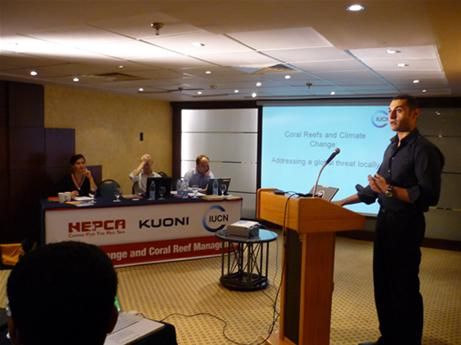
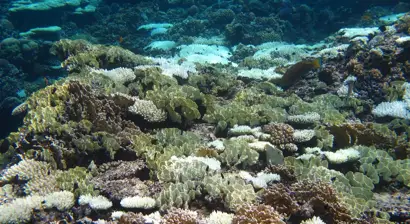
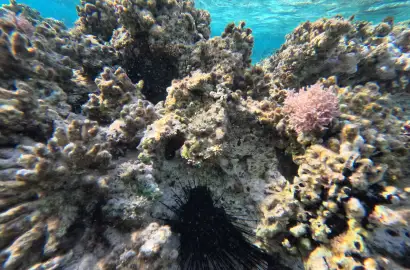
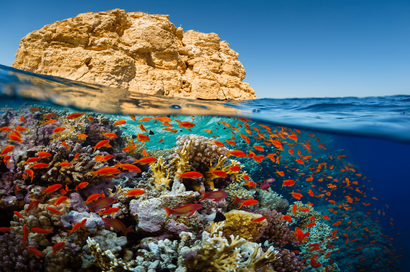
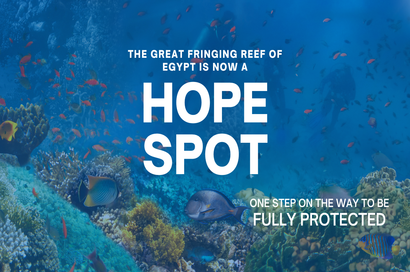
 - frame at 0m12s_lg.webp)
